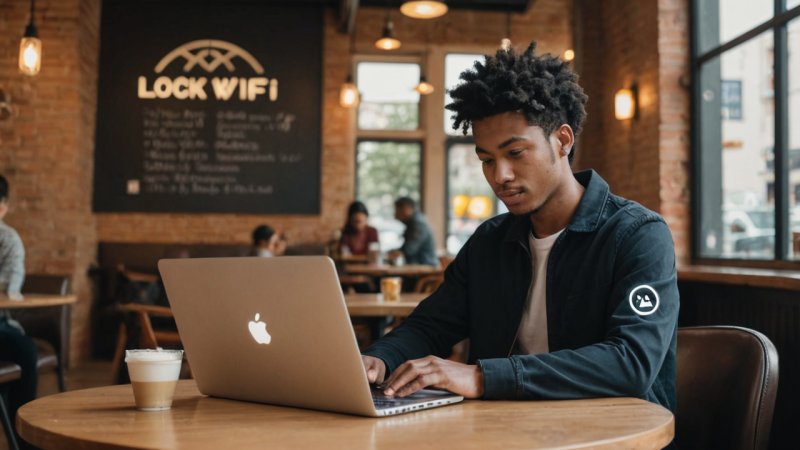In our increasingly connected world, public Wi-Fi has become a staple of travel, allowing us to stay connected without incurring data charges. However, using these networks can expose travelers to various security risks. Understanding how to protect yourself while enjoying the convenience of public Wi-Fi is essential. This article will provide you with valuable tips and insights to ensure your online safety.
First and foremost, it's crucial to recognize that public Wi-Fi networks, such as those found in cafes, airports, and hotels, are often not secure. This means that any information you transmit over these networks can potentially be intercepted by malicious actors. To mitigate this risk, consider using a Virtual Private Network (VPN). A VPN encrypts your internet connection, making it significantly more difficult for hackers to access your data.
Another important tip is to avoid accessing sensitive information, such as online banking or personal accounts, while on public Wi-Fi. If you must access these services, ensure you are using a secure connection (look for 'https://' in the URL) and consider using two-factor authentication for an added layer of security.
Always remember to turn off sharing settings on your device when using public networks. This prevents others on the network from accessing your files or information. Additionally, it's wise to forget the Wi-Fi network after using it. By doing so, your device won’t automatically connect again in the future without your knowledge.
Be cautious of the networks you connect to; hackers often set up fake Wi-Fi hotspots with names similar to legitimate networks to lure unsuspecting users. Always verify the name of the network with a staff member if you're unsure. Additionally, avoid using public Wi-Fi for important transactions unless absolutely necessary.
Keeping your devices updated with the latest software and security patches is vital. Manufacturers regularly release updates that fix vulnerabilities and enhance security features. Regularly updating your device ensures you are protected against the latest threats.
Finally, consider using your mobile data whenever possible for tasks that involve sensitive information. While it may not be free, it is significantly safer than connecting to a public network.
In conclusion, while public Wi-Fi can be a convenient way to stay connected while traveling, it is essential to take the necessary precautions to protect your information. Always use a VPN, avoid sensitive transactions, turn off sharing settings, verify network authenticity, keep your devices updated, and opt for mobile data when needed. By following these guidelines, you can enjoy the benefits of public Wi-Fi without compromising your online safety.






